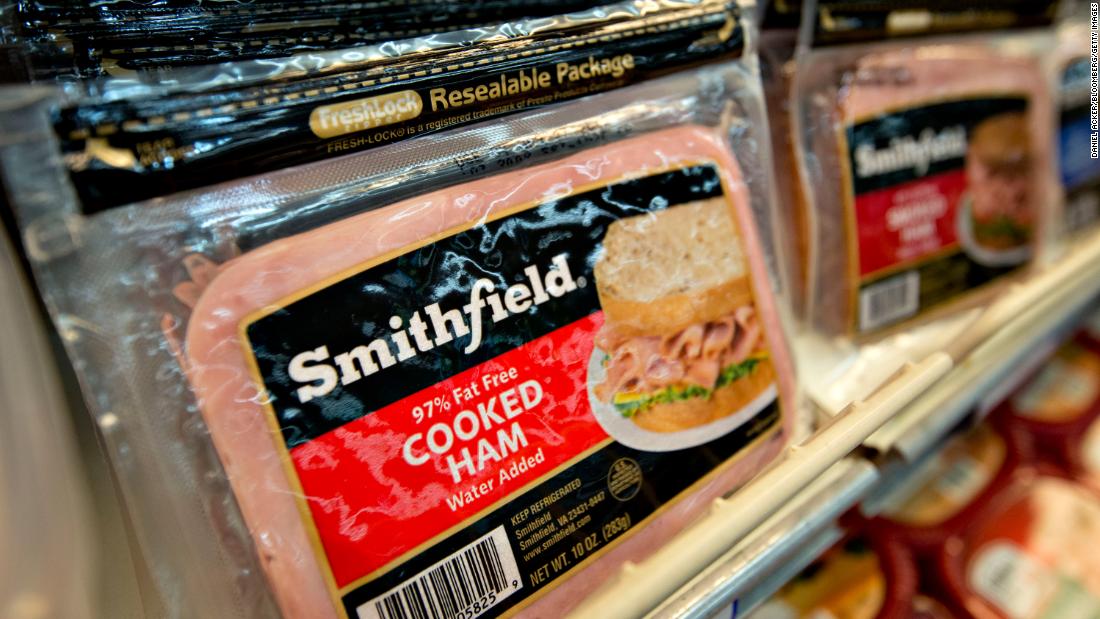...States' rights.Florida hurt the entire nation by not shutting down.
--Patrick
...States' rights.Florida hurt the entire nation by not shutting down.
Florida dooms the nation? That's unpossible!View attachment 33577
"This image was generated by Tectonix GEO and X-Mode Social by analyzing secondary locations of anonymized mobile devices that were active at a single Fort Lauderdale beach during spring break." - source
That's from just one beach. Florida hurt the entire nation by not shutting down.
If there is a silver lining, it's that the growth rates in Arizona are relatively flat compared to the worst that we've seen. If my data is correct, the "hottest" county in AZ, Pima, has cases doubling slightly slower than once a week right now. Still scary news, but considering last week doubling faster than every 3 days was pretty common across the US, it's a reason to have hope.Arizona had the worst week this week, with the most new cases since... well, last week.
This week (April 5-11): 1,381 new cases, 56 deaths.
Last week (Mar.29-Apr.4): 1,239 new cases, 37 deaths.
Previous week (Mar.22-28): 669 new cases, 14 deaths.
Being LGBTQ does not confer any measure of immunity. People are still made of people....not going to make the obvious negative assumption.
So why should it bePeople are ... people
Being LGBTQ does not confer any measure of immunity. People are still made of people.
--Patrick
I hated the ending.It's behind a soft paywall but fuck if it isn't worth a read.
You know, I can joke about it a lot, and I'm kinda mad my employer still makes me come into work to do remote support, and I can point and laugh at oh those darn wacky Americans, but when all is said and done, Belgium may be a dysfunctional country where the unions run things and taxes are way too fucking high, and all that stuff, but that kind of stories would be very, very rare here ( as in, they'd make national news).
It's behind a soft paywall but fuck if it isn't worth a read.
Same. Checked last night and saw it sitting there. Will probably all go straight to debt, one way or another.My bank is showing $2400 pending in our account. $400 will stay there. The $2000 is going right into savings.
Same, except its $2400 towards $2500.My $1200 stimulus will help with paying my $1500 in taxes I owe...


To expand a little on this, this is actively hurting the farmers themselves as well, as the majority of the bottleneck issue lies within the steps that convert the raw material from the farmers to a format that is provided to the consumer.Oh and people are starving and can't get food? Turns out producers have way too much and are destroying massive amounts of food at alarming rates.

Dumped Milk, Smashed Eggs, Plowed Vegetables: Food Waste of the Pandemic
In Wisconsin and Ohio, farmers are dumping thousands of gallons of fresh milk into lagoons and manure pits. An Idaho farmer has dug huge ditches to bury 1 million pounds of onions. And in South Florida, a region that supplies much of the Eastern half of the United States with produce, tractors...www.yahoo.com
Well, that only makes sense, given that the former makes toilet paper and the latter hits sandpaper with a rubber furniture mallet and and then rolls it onto cardboard tubes.I saw a similar thing with toilet paper that consumer and commercial toilet paper are basically two different industries and the latter has basically shit down while the former has a major increase in demand, hence the shortages.
All these people together would still not be as capable nor effective at saving anything as one single Ernest P. Worrell.Thank God, the economy is saved!
I'd offer my thoughts and prayers, but, honestly, even if I prayed, I'd keep them for people who don't deliberately flaunt the rules there to protect them.
